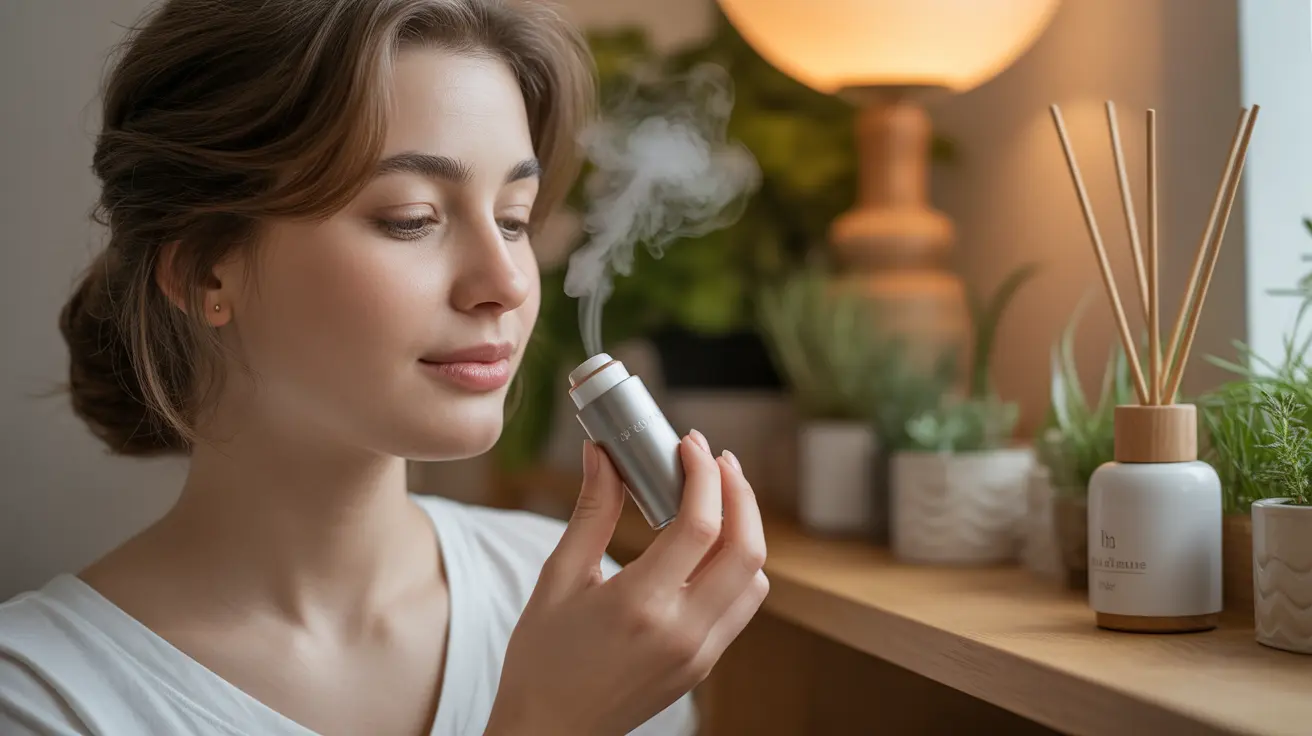Living with asthma requires careful consideration of environmental factors that could trigger symptoms or affect breathing. As aromatherapy and essential oils grow in popularity, many people with asthma wonder about their safety and potential benefits. This comprehensive guide examines the relationship between aromatherapy and asthma, helping you make informed decisions about their use.
Understanding the Connection Between Aromatherapy and Asthma
Aromatherapy involves using essential oils and aromatic compounds for therapeutic purposes. For people with asthma, the practice requires special consideration due to the respiratory system's heightened sensitivity to airborne substances. Understanding this relationship is crucial for maintaining respiratory health while exploring complementary wellness practices.
Potential Risks and Concerns
Direct Respiratory Effects
Essential oils used in aromatherapy can release volatile organic compounds (VOCs) into the air. These compounds may irritate sensitive airways and trigger asthma symptoms in some individuals. Strong fragrances, even from natural sources, can cause bronchial constriction and respiratory distress.
Chemical Sensitivities
Many essential oils contain complex chemical compounds that could potentially trigger allergic responses or asthmatic reactions. Even natural substances can act as respiratory irritants, making it essential to approach aromatherapy with caution when managing asthma.
Safety Guidelines for Using Aromatherapy with Asthma
Consultation and Testing
Before incorporating aromatherapy into your routine, consult with your healthcare provider. They can help assess your individual risk factors and provide personalized guidance. Consider patch testing essential oils on your skin first to check for sensitivities.
Best Practices for Safe Use
If you choose to try aromatherapy with asthma, follow these key safety measures:
- Use minimal amounts of essential oils
- Ensure proper ventilation in your space
- Choose gentler oils known for fewer respiratory effects
- Stop use immediately if you experience any symptoms
- Keep rescue medication readily available
Alternative Approaches
For those who find traditional aromatherapy too risky, consider these safer alternatives:
- Using personal inhalers instead of room diffusers
- Opting for unscented products
- Exploring other stress-reduction techniques
- Focusing on non-aromatic wellness practices
Frequently Asked Questions
Can aromatherapy or essential oils help treat asthma symptoms safely?
While some people report feeling relaxed from aromatherapy, there's no scientific evidence that it can safely treat asthma symptoms. Any use of aromatherapy should be discussed with your healthcare provider and approached with caution due to potential respiratory risks.
What are the risks of using essential oils or aromatherapy if I have asthma?
The main risks include bronchial irritation, triggering of asthma symptoms, allergic reactions, and potential respiratory distress. Essential oils can release compounds that may irritate sensitive airways and cause breathing difficulties.
How can essential oils trigger asthma attacks or worsen breathing problems?
Essential oils release volatile organic compounds that can irritate the airways, cause inflammation, and trigger bronchial constriction. Strong fragrances, even natural ones, may lead to respiratory distress in sensitive individuals.
Should people with asthma avoid using essential oil diffusers or scented products at home?
Many healthcare providers recommend that people with asthma either avoid diffusers entirely or use them with extreme caution. If you choose to use them, ensure proper ventilation and start with minimal amounts to monitor your response.
What is the proper way to use essential oils if I have asthma and still want to try aromatherapy?
If you decide to try aromatherapy, start by consulting your healthcare provider, use minimal amounts, ensure good ventilation, choose gentler oils, and always have rescue medication nearby. Consider using personal inhalers rather than room diffusers, and stop immediately if you experience any symptoms.
Remember, while aromatherapy can be a pleasant experience for some, managing asthma safely should always be your primary concern. Work closely with your healthcare team to develop a comprehensive asthma management plan that may or may not include carefully monitored aromatherapy practices.




